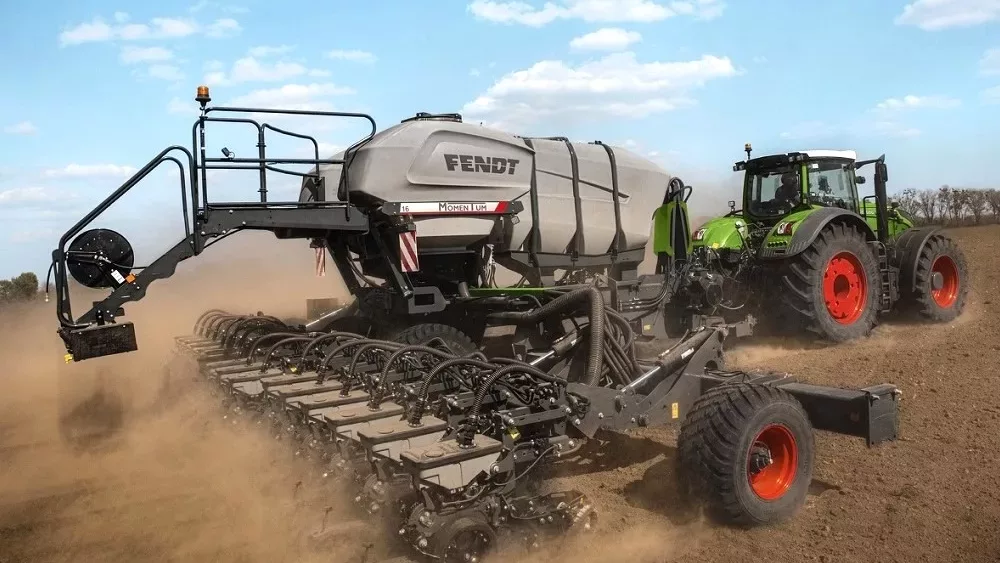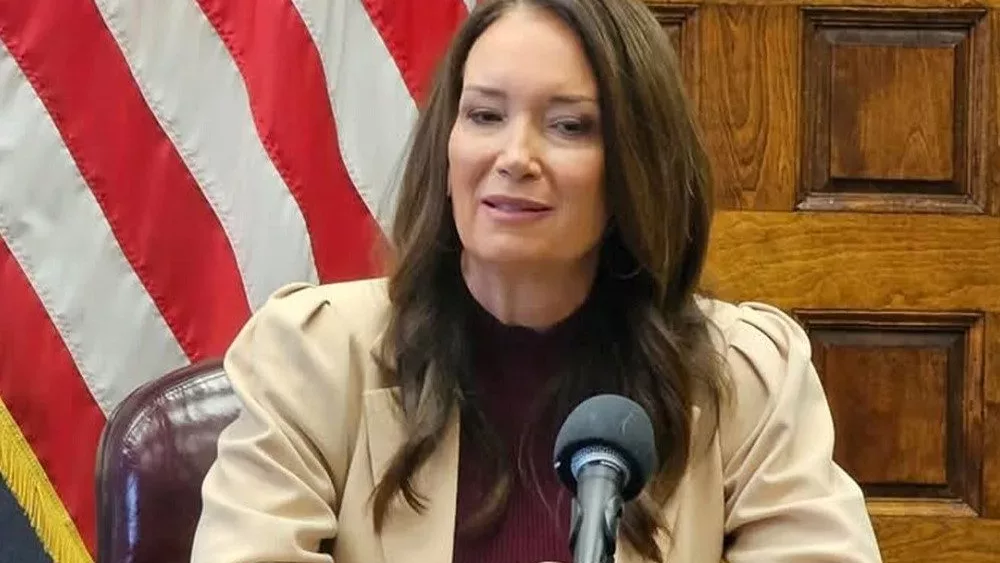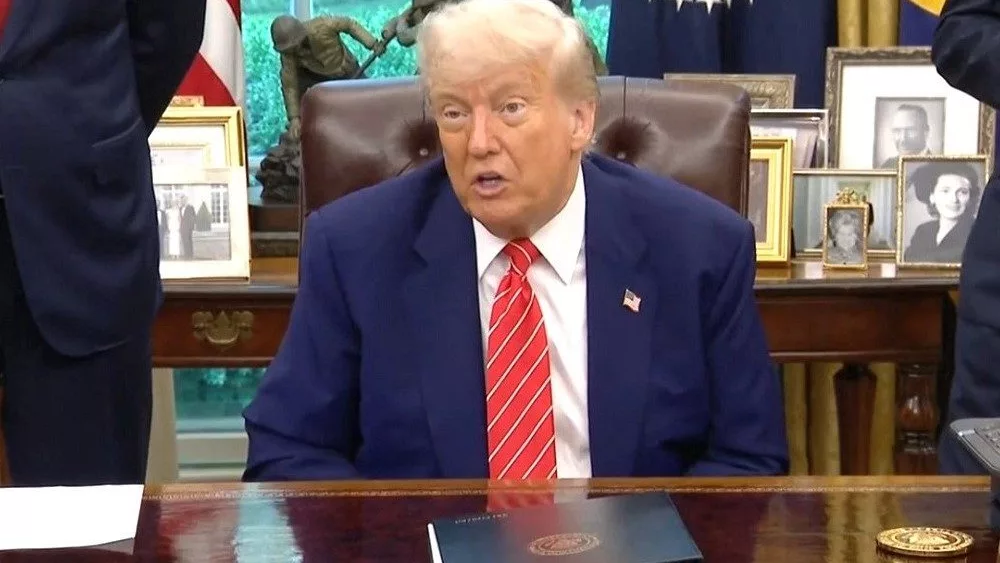
Last week, Democratic Sen. Debbie Stabenow, ranking member of the Senate Ag Committee, released her “Climate Crisis and Michigan” report, detailing how the situation is impacting the state’s agriculture, the Great Lakes, and the overall economy.
According to federal temperature reports, the climate crisis is impacting Northwest Michigan, which is why Stabenow said she wanted to begin her tour in Traverse City.
She said Michigan can become a leader in fighting the crisis. Stabenow highlighted some of the issues farmers have been facing when it comes to weather.
“We have warming that’s happened in the past for our cherry growers in February and then a freeze wiping out 90 percent of our cherries,” said Stabenow. “We have flooding and rain, planting season later making it more difficult to get a full crop, [and] lower yields.”
Stabenow said in the last few years, there have been 1,440 climate change projects conducted by public universities. She criticized USDA for not sharing those reports with farmers and ranchers.
“At this point, the USDA is choosing not to publicize that research so that our farmers have more information about how to mitigate it,” said Stabenow. “[USDA is] choosing to, unfortunately, side with the president who is very much denying there is a climate crisis.”
When it comes to renewable energy, like ethanol, she said big oil can’t dominate the conversation.
“Those of us who want a cleaner energy economy that’s going to create jobs, support agriculture, support new kinds of manufacturing, are saying we can’t do this anymore,” she said. “We can’t allow big oil to control this conversation.”
The senator also mentioned Michigan needs to use more of the tools that are now available to farmers from the 2018 farm bill to manage carbon.
“The more we are able to use our ground and our trees as what we call a ‘carbon sink,’ the less pollution there is in the air,” said Stabenow. “I’m here today because agriculture has a real opportunity to be leaders.”
Stabenow said the goal of the report is to create jobs, protects quality of life and quality of water.





